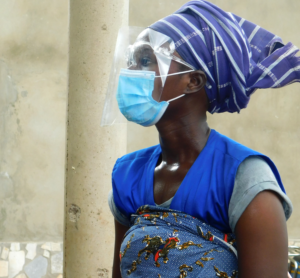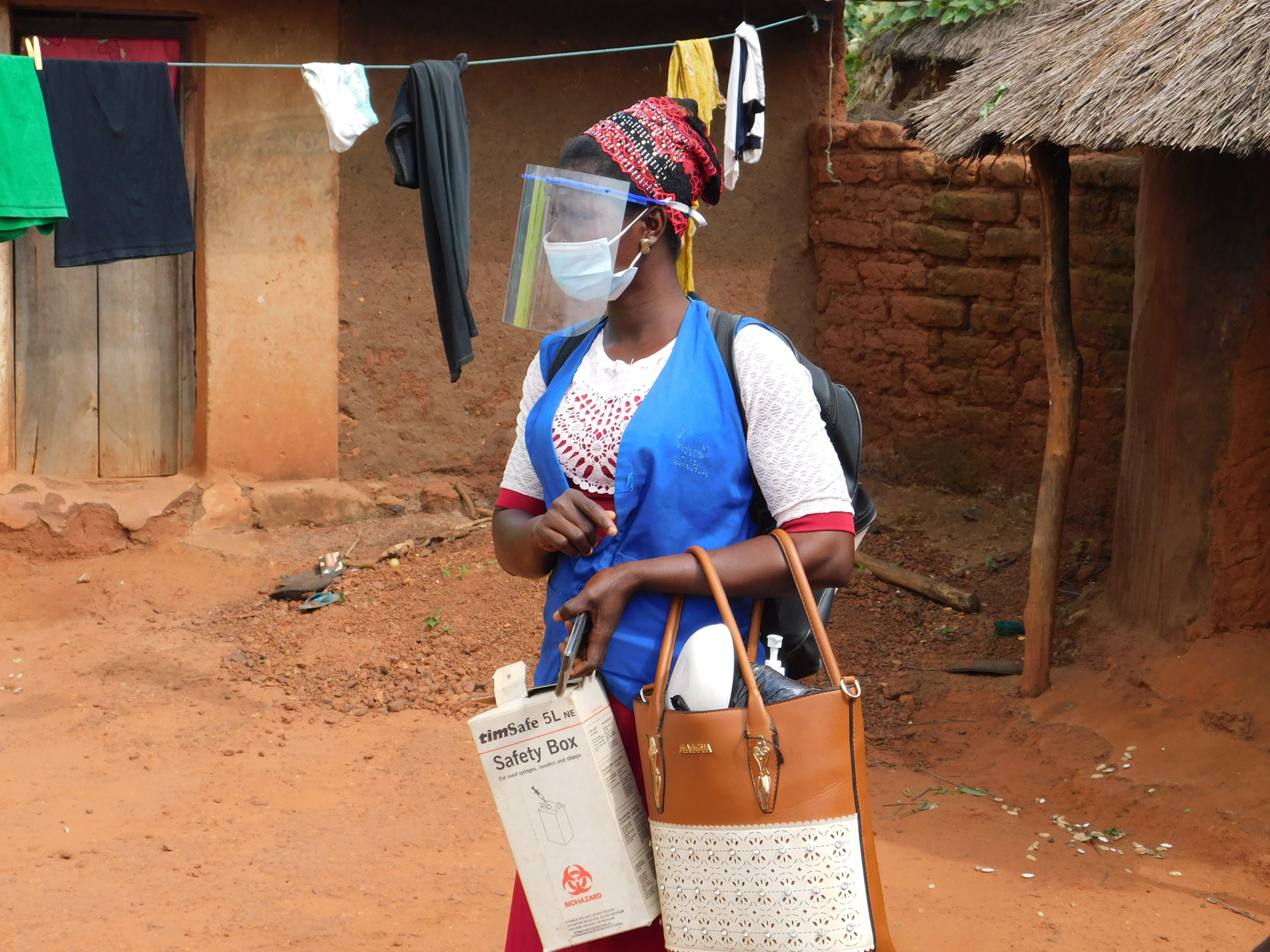Early predictions of the indirect effects of COVID-19 estimated major disruptions in daily access to healthcare that could potentially reverse decades of progress towards reducing maternal and under-five mortality in low- and middle-income countries. Many countries witnessed reductions of healthcare workforce, resource reallocation, strained supply chains, lockdowns, travel restrictions, and financial hardship. Such disruptions negatively impacted health systems’ capacity to function and deliver critical services during crises.
With serious concerns that COVID-19 was likely to disrupt the delivery and access of essential maternal and child health services, Integrate Health launched a study to evaluate the extent of these anticipated disruptions in the Kara region of northern Togo. The Kara region experiences significant public health challenges, including a heavy burden of preventable diseases, high rates of maternal and child mortality, and limited public health infrastructure. The study aimed to understand the impact of COVID-19 on healthcare utilization in order to inform strategies to maintain essential primary care during health crises. A manuscript detailing the study is currently under review for publication, and results are not yet available. Once published, it will provide evidence of the extent to which the health system in Togo is managing to withstand the adverse effects of the pandemic and will inform future responses to disease outbreaks.
The COVID-19 study
To better understand the impact of COVID-19 on essential maternal and child services, the study focused its analysis on five public sector community-level health centers supported by Integrate Health and 33 Community Health Workers (CHWs) providing home-based proactive consultations in the area, serving approximately 40,000 individuals. Additionally, the analysis included 13 comparable health centers not supported by Integrate Health and serving approximately 80,000 people.
Using a mixed methods approach, the study combined health data from the government information system; programmatic data collected by Integrate Health and qualitative data collected through a series of interviews with community members, health center managers, and CHWs. The quantitative data from the Togolese health information system and programmatic data from Integrate Health was triangulated with data collected from interviews with healthcare providers and community members.
With this method and by examining both Integrate Health-supported and non-Integrate Health-supported sites, we will see the extent to which the pandemic can be associated with drops in maternal and child health services. Results from the interviews will provide context and help to explain the findings. The study will add to other work exploring resilient health systems and responses to the COVID-19 pandemic.
Togo’s response to COVID-19 and early observations
Thus far, a number of countries in sub-Saharan Africa, including Togo, have made good progress in trying to keep the COVID-19 pandemic under control. With a history of infectious disease epidemics building collective knowledge, quick government action on adopting protection measures and preparing for vaccine roll-out, as well as cultural factors such as collectivism, Togo’s response appears to be effective in mitigating the effects of COVID-19. As of December 25th, the number of fully vaccinated people was almost reaching the one million mark (data communicated by Togo’s Ministry of Health and the World Health Organization in the COVID-19 Situation Report, dated December 25th, 2021). Despite limited and delayed access to the vaccine as well as limited public health resources, Togo is actively partnering and engaging with community actors to maintain healthcare delivery and fight the pandemic.
As trusted members of their communities, CHWs are increasingly becoming the go-to point for care and advice in low-resource communities, especially during the COVID-19 pandemic. Having on adopting protection measures and preparing for vaccine roll-out, as well as cultural factors such as collectivism, Togo’s response appears to be effective in mitigating the effects of COVID-19. As of DAs trusted members of their communities, CHWs are increasingly becoming the go-to points for care and advice in low-resource communities, especially during the COVID-19 pandemic. Having gained trust and recognition well before the crisis started, CHWs are instrumental in convincing community members that COVID-19 is real and in raising awareness of risks and prevention strategies.

Integrate Health observed CHWs leading by example by being among the first to receive the vaccine when the vaccine became available in their communities. Their presence and behavior contributed to fighting misinformation and building trust and confidence around prevention strategies and vaccine uptake.
To date, community-based strategies in Togo contribute to filling the gap left by limitations in the public health sector. Therefore, community engagement in emergency preparedness and response supports the Togolese health system’s capacity to maintain continuity of care and deliver essential maternal and child services during the pandemic.
Integrate Health’s COVID-19 response
Against this background, Integrate Health’s COVID-19 response revolves around three key elements: (1) the health and safety of healthcare workers, (2) continuity of care through the provision of essential, high-quality primary care, and (3) support of Ministry of Health (MOH) partners at the regional and national level.
We are focused on increasing the use of personal protective equipment (PPE) by CHWs and health centers. We are reinforcing infection prevention and control measures and supporting physical distancing strategies during care provision. Additionally, CHWs are trained and equipped with educational materials on COVID-19 prevention while being offered additional psychosocial support.
With these measures providing strategic and complementary support to the government’s response, we are focusing our efforts on making sure that health center staff and CHWs can continue to deliver essential maternal and child health services. Adequately equipping and training health center staff and CHWs about COVID-19 enables them to safely take action on the pandemic response and continue to provide essential healthcare without major interruptions and without fearing for their lives.
This research was generously supported by the Robert J. Havey, MD Institute for Global Health’s catalyzer fund at Northwestern University, Feinberg School of Medicine.

